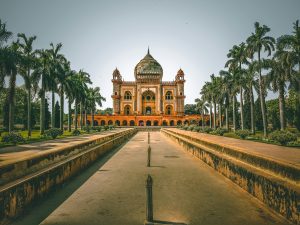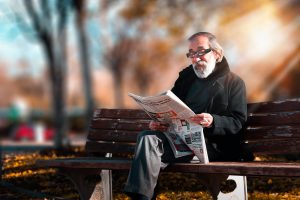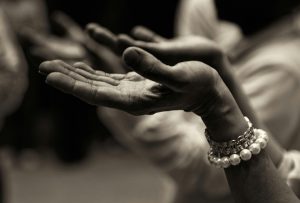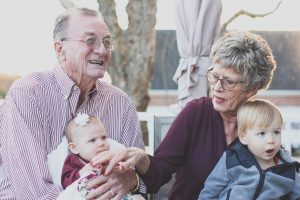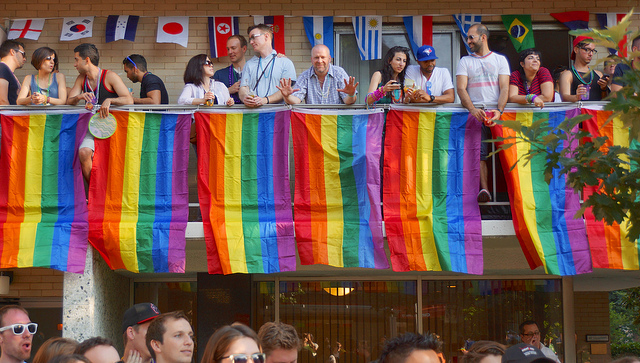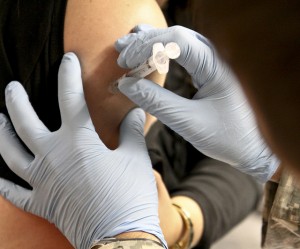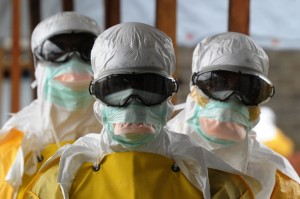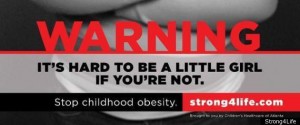- Eric Klinenberg (Professor of Social Science and Director of the Institute for Public Knowledge at NYU) appeared on MSNBC’s Why Is This Happening? The Chris Hayes Podcast and in The New Yorker to discuss his new book 2020: One City, Seven People, and the Year Everything Changed. Klinenberg described learning through examining crises, enduring effects of the pandemic (a “societal version of long COVID”), and various experiences of New York residents in 2020. “You know, as a sociologist, I think of crises as doing for me what a particle accelerator does for a physicist,” Klinenberg stated. “It’s like it speeds up things that are always happening and makes you able to perceive conditions that you otherwise can’t see.”
- Elizabeth Wrigley-Field (Associate Professor of Sociology and Associate Director of the Minnesota Population Center at the University of Minnesota) was quoted in the StarTribune following new research by Wrigley-Field and colleagues that suggests ‘excess deaths’ (the number of deaths over the average expected deaths in a time period) during the pandemic were driven by COVID. “If these excess natural cause deaths had nothing to do with COVID, you would probably see them happening throughout this period, irrespective of when the COVID waves are,” said Wrigley-Field. The research suggests that the death toll from COVID exceeds the official tally. This research was also covered by WebMD, The Guardian, and MPR News.
- Emine Fidan Elcioglu (Assistant Professor of Sociology at the University of Toronto) was interviewed by The Trace about her research examining a southwest border militia group that supplied information on migration routes to the U.S. Border Patrol with the goal of decreasing migration. She found that the group’s gun culture bolstered recruitment, morale, and participation. “Guns can become a gateway for people to get involved in other forms — and much more extremist forms — of politics,” Elcioglu stated. “Guns can become sort of a way to pull them in and radicalize them on issues beyond just guns.”
- Recent calls for a nationwide caste census to collect caste data (last collected in 1931) have sparked controversy in India. In an interview with IndiaSpend, Surinder S. Jodhka (Professor of Sociology at the Centre for the Study of Social Systems, School of Social Sciences in Jawaharlal Nehru University, Delhi) emphasized that caste is a crucial indicator of social exclusion. “In order to engage with these issues in a democratic society, we need empirical evidence. Unless there are political mobilizations, systems do not open up. It can also fossilise caste identities,” Jodka stated. “The objective of caste census should not be to reinforce caste-based identity or an identity-based imagination of our future. It should be made a part of a narrative around socioeconomic lives. Eventually, the hope is that once there is a level playing field, we can explore transforming identities into citizenship-based social life where everyone feels that they are equal to others. This requires evidence and data.”




